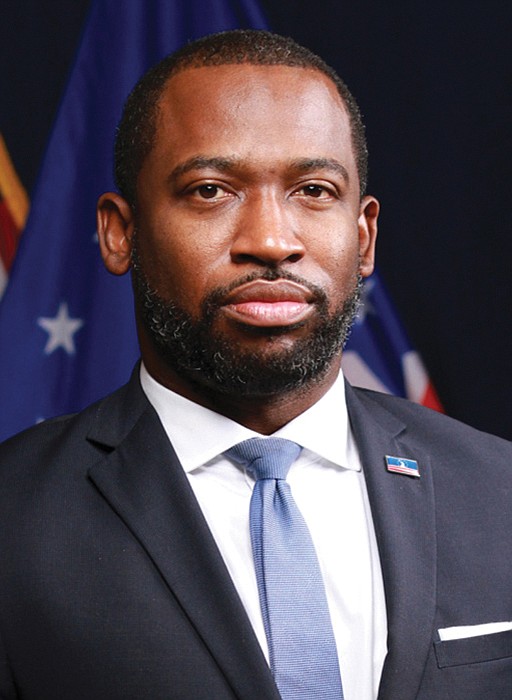New law hopes to quiet loud music, noise
Jeremy M. Lazarus | 11/17/2022, 6 p.m.
Artist and composer Paul Rucker long has been frustrated by the loud music that blasts into his Downtown residence from nearby clubs.
He is among those thrilled that City Council on Monday unanimously approved a major overhaul of the city’s noise ordinance that will allow police officers armed with sound meters to start issuing costly tickets to businesses and residents that are disturbingly loud.
“This could make a real difference,” said Mr. Rucker, an assistant professor at Virginia Commonwealth University and VCUArts curator for creative collaboration.
Eliminating criminal charges that were little enforced, the new law Mayor Levar M. Stoney also endorsed instead provides for fines that start at $100 for a first offense, rise to $200 for a second offense and hit $500 for a third offense.
Every hour that the loud sound is not reduced would constitute a separate offense, the new ordinance states.
The wide-ranging law sets sound limits for a full day and seeks to cover as many forms of noise pollution as possible.
For example, it authorizes tickets to restaurants whose live entertainment spills onto the streets and into nearby homes, to people who blast the car radio, have a dog whose continual barking penetrates a neighbor’s home, or host a house party that disturbs neighbors.
The new ordinance also bars the creation of annoyingly loud sounds outside schools, places of worship, hospitals and other health care facilities.
The new law states that “excessive sound is a serious hazard to the public health, welfare, peace, safety and quality of life ... and that people have a right and should be ensured an environment free from excessive noise.”
The goal of the new law is to limit sounds to levels at or below 80 decibels in commercial areas and 65 decibels in residential areas. According to research, normal conversation is conducted at 60 to 70 decibels, with machine noises usually above that. An unmuffled motorcycle engine, for example, operates at 95 decibels.
Keeping noise to 70 decibels or less prevents hearing damage, according to the Hearing Health Foundation.
In residential areas, officers could issue violations for sounds that exceed 65 decibels between 7 a.m. and 11 p.m. and that exceed 55 decibels between 11 p.m. and 7 a.m.
The ordinance does not apply to an array of sounds, such as power tools or lawn equipment used during normal hours and the operation of garbage trucks and legal fireworks shows.
Those issued citations can either pay the Richmond Department of Finance or face having the City Attorney’s Office file a civil suit in court to collect, potentially adding court fees to the cost.








